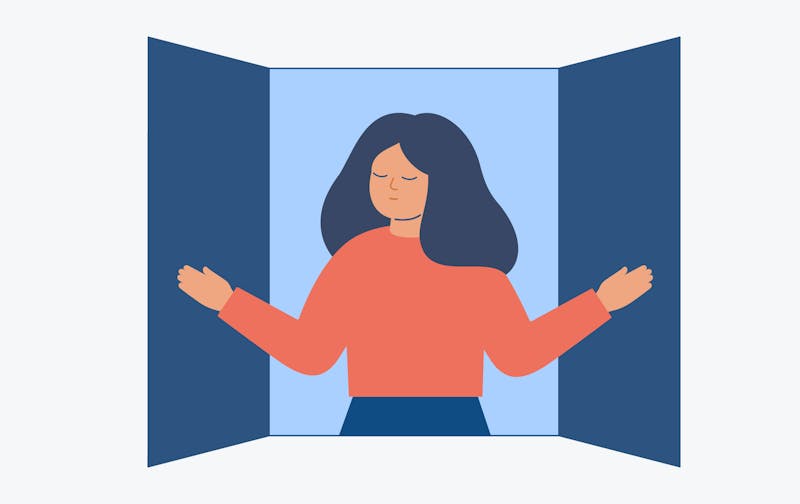Same as 18 and older
- Sexual intercourse. Others can have sexual intercourse with you if you consent to it.
- It’s better to tell someone. Whatever a person’s age, it’s always better to tell someone about a sexual offence. You should try to give a name and get help pressing charges. You can call 112 to get help.
- Giving a statement to the police. You have to go to the police for an interview and tell them about the offence. That is called giving a statement. Sometimes the interviews are in the Children’s House (Barnahús), an agency that supports children who have experienced abuse.
- Going to the district court. If the case goes to court, you have to go to the court room and recount the offence again. You can prepare with your legal rights protector (réttargæslumaður) and practice in a virtual reality courtroom.
- You can press charges against someone who is the same age as you. Teenagers become criminally responsible at the age of 15 in Iceland. That means that people your age can be arrested and punished if they commit an offence.
- The process takes time. You can expect the process to take two years or more..
Different from 18 and older
- Someone suspects that you have been the victim of an offence. You are not necessarily the person who notifies the police. People who suspect that someone is abusing you have to report it to the police or child protection services, according to the law.
- Others who report. There are all sorts of people around you who also have to report it if they think that someone has committed an offence against you. This includes school nurses, school counsellors, coaches, teachers, after school centre staff, and others. This is the law and it is not their choice.
- The emergency room reports. If you go to the emergency room for victims of sexual abuse in Reykjavík or Akureyri the staff there has to let child protection services know that someone has committed a sexual offence against you.
- Trauma therapy. When child protection services have been informed about the abuse they organise trauma therapy for you. The main aspect of the therapy are sessions with psychologists. You can go to survivor support centres like Stígamót when you turn 18.
- You do not press charges for the offence. It is your parents or guardians who do. You can still report the case to police yourself, though. Sometimes the police start to investigate a case even though charges have not been pressed yet.
- Communication with police, courts, and child protection services. When charges are pressed for the offence, you get a lawyer called a legal rights protector (ice. réttargæslumaður). They communicate with your parents or guardians about how the case is going.
